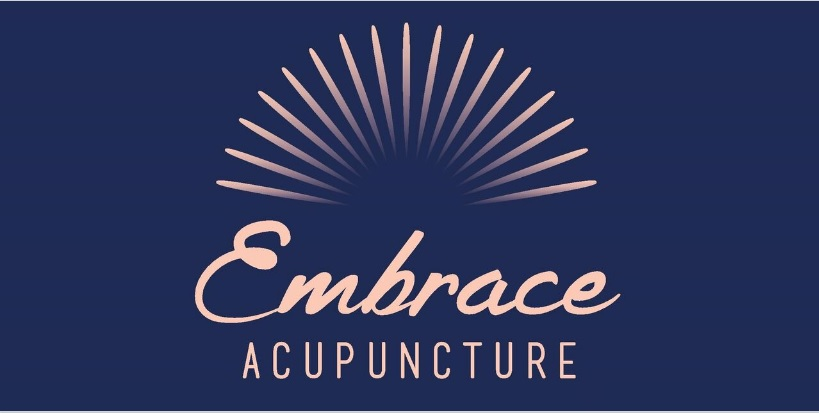Improving Your Sleep, This Week!
Sleep is incredibly important for your health, but sometimes its hard to get AND stay sleep.
We’re talking about why it’s so important and some tips and tricks we’ve learnt.
See more on how we work with Acupuncture for sleep.
Like to get the ball rolling?
Why we need enough sleep
8 hours sleep is considered the average amount an adult needs with a minimum 7 being our recommendation!
Lack of sleep affects:
Memory
Concentration
Creativity
Your immune system
Risk of Obesity
Cortisol (stress levels) which negatively affects fertility & other hormones
Sleeping after midnight also carries higher risks of heart attack & stroke as a 9 year study of people in 21 countries found. Yikes!
Good Sleep Essentials
Reduce caffeine (& alcohol). Even if you can get to sleep just fine, the quality of sleep is worse, meaning you reach for more caffeine and earlier
Turn down your lights. Your body runs on a circadian rhythm of light. TV's & phones & bright lights disturb that. After dinner try turning on lamps instead of lights or invest in dimmable lighting (Philips Hue has great app controlled light bulbs you can add anywhere!)
Get up early - consistently. It’s easy to want to 'treat your self' and stay up late as you only need to commute from your bed to your computer in the morning. Getting up early means you'll be tired that evening - which is supposed to be the case and you'll sleep earlier! Getting up at the same time each day helps your body set a natural sleep rhythm.
Set an alarm on your phone an hour before you want to go to bed. Then do the last important things you need to do and still get to sleep on time.
Exercise, but not late at night. A nice walk in the morning before work is the perfect start to the day! Exercise especially cardio raises cortisol (or stress levels) as well as endorphins so not helpful before bed!
Have lots of magnesium. Whether this be LOTS of dark leafy greens or a good magnesium supplement with Magnesium Amino Acid Chelate form, 10mg for every kg you weight. (if you weigh 70kgs, that 700mg needed).
Magnesium is a muscle relaxant, helpful for good sleep and depleted during times of high stress!
For when you struggle to GET to sleep...
In addition to the above sleep essentials try:
Getting an alarm clock & leaving your phone out of the bedroom
Blue light blocking glasses
Sleep stories for adults (Calm app is great for this!)
Writing down any urgent last minute thoughts so your sub conscious can relax
Try Camomile tea or Lavender - long used to calm the nervous system before bed
Acupuncture has been shown to be effective in helping people sleep. See more on Acupuncture for Insomnia.
For when you struggle to STAY sleep...
In addition to the above sleep essentials try:
Avoid alcohol or sleeping tablets. They sedate you rather than allowing the natural sleep processes. This means you wake once its worn off or struggle to focus the next day.
Write down any last minute things before bed so your subconscious isn't waking you at 3am!
Set your alarm at least 20 mins before you normally wake in the small hours for 3-5 days straight.
Eg. If you normally wake around 3am, try setting it for 2:30am.
This should break the habit by settling your body into the deepest sleep rhythms at the time when you're usually awake and thinking of things!
4. Note what time you're waking up. In Chinese Med there's an organ body clock associated with different emotions.
Waking between 1-3am? Thats the time of the Liver - associated with planning, anger and frustration.
Waking between 3-5am? Thats the time of the Lung - associated with grief & letting go
Journaling, counselling or psychology may be helpful if these emotions consistently resonate & are affecting your sleep & health.
5. Acupuncture helps regulate the energy of these organs & reduce stress hormones to help with sleep. You can see more research on that here.
Like some help to speed this up?





